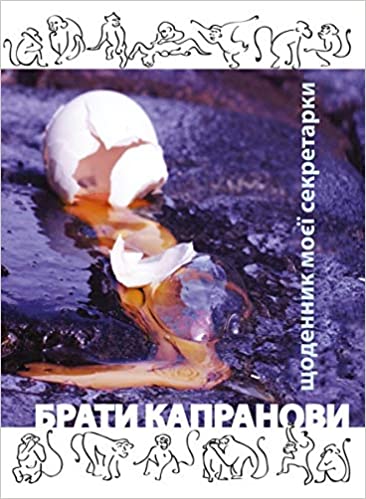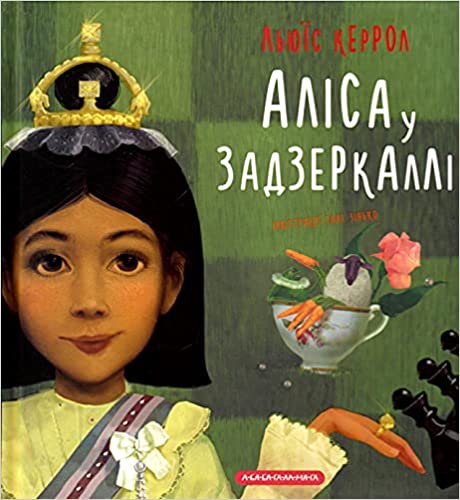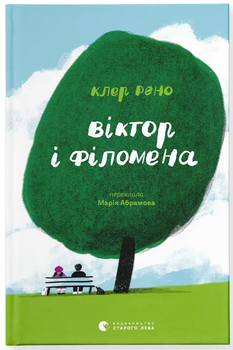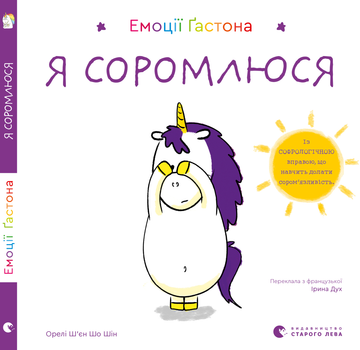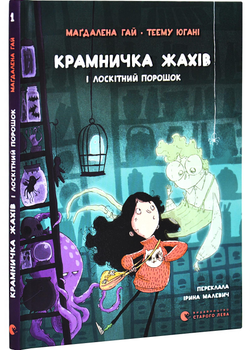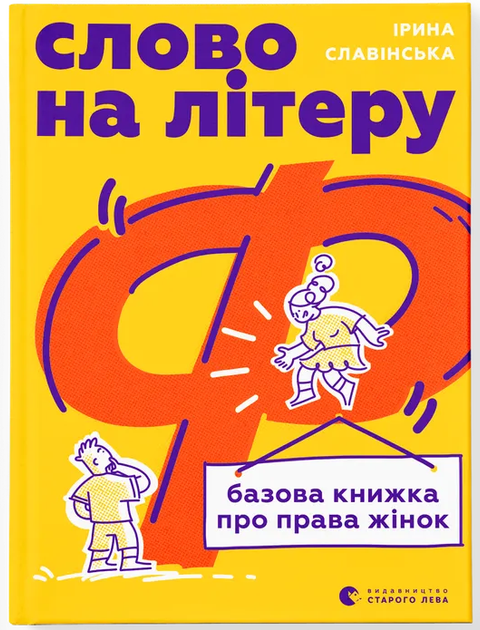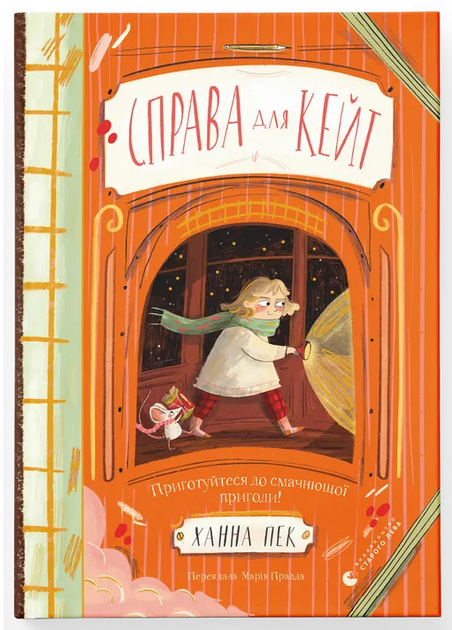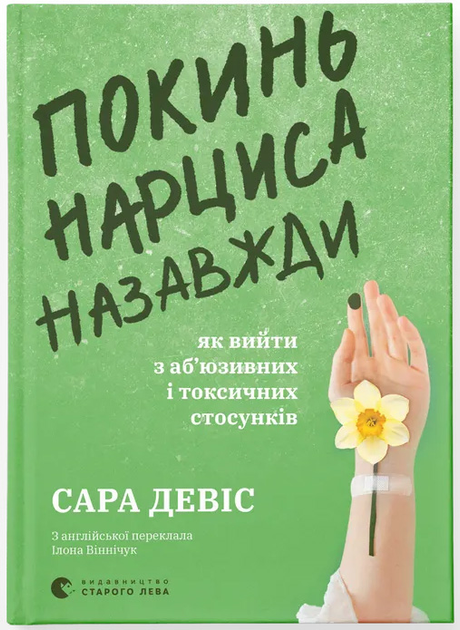Vdoma: Ukrainian 2023
Вдома
12.45 €
Share
Wishlist
ISBN:
9789664480908
Translator:
Natalka Snyadanko
Publisher:
Starylev
Age Group:
Adult
Pages:
208
Weight:
285 g
Dimensions:
13 x 19 x 3 cm
Book Cover:
Hard Cover
What should a woman do after a divorce if her daughter is already an adult and lives separately, and she had to leave the apartment? A woman arrives in a port village, starts working in her brother's pub, settles in a house on the outskirts. She hardly ever had a sense of home, and can you consider that home where your mother does not open the door for you and makes you wait for hours on the stairs? Later, the woman herself left another house, the one in which her daughter was born, to her ex-husband. No wonder she calls herself a person without roots. But will the house on the outskirts of the village, where she finally lives alone at the age of forty-eight, but hides a gun under the bed, and what role does a strange man who knows how to set traps for martens play here?
This book is about the need for a home, about rooting, about the importance of memory, and also about stories that have become legends and cannot be forgotten.
The translation of this work was supported by a grant from the Goethe-Institut.
more
Що робити жінці після розлучення, якщо донька уже доросла й живе окремо, а квартиру довелося залишити? Жінка приїздить у портове село, починає працювати у кнайпі свого брата, оселяється в будинку на околиці. Відчуття дому в неї навряд чи колись було, та й чи можна вважати своїм той дім, де мама не відчиняє тобі дверей і змушує годинами чекати на сходах? Згодом інший дім, — той, у якому народилася донька, — жінка сама залишила колишньому чоловікові. Не дивно, що вона називає себе людиною без коріння. Та чи стане домом для жінки той будинок на околиці села, де вона у сорок вісім років нарешті живе сама, але ховає пістолет під ліжком, і яку роль тут відіграє дивний чоловік, який уміє ставити пастки на куниць?
Ця книжка — про потрібність дому, про вкорінення, про важливість пам’яті, а ще — про історії, що стали легендами та які не можна забувати.
The translation of this work was supported by a grant from the Goethe-Institut/Твір перекладено за підтримки гранту Goethe-Institut.
more



